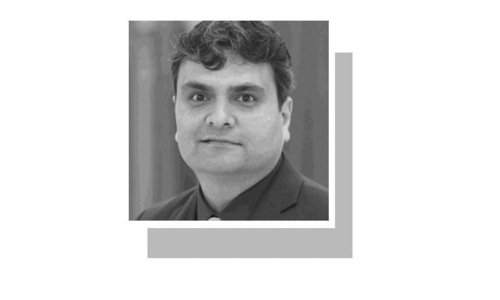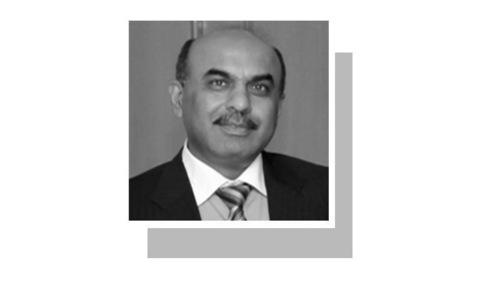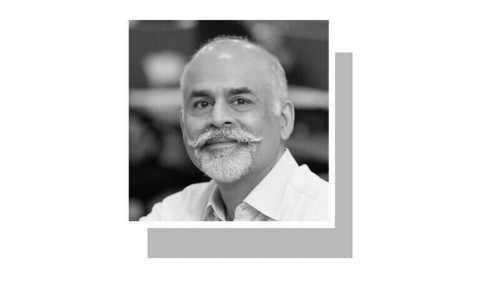After building the world’s biggest and most powerful social network in history, Mark Zuckerberg says the future of Facebook is something else.
The strategic shift announced this week by Zuckerberg suggests Facebook no longer wants to be a “digital town square,” but a “digital living room” for secure, private communications, in what could be a major transformation on privacy.
But Zuckerberg’s announcement also prompted considerable head-scratching on the implications for Facebook’s ad-supported business model, and on the growing pressure to weed out nefarious content and misinformation.
“Should this ambition be realised, it is nothing less than an epochal shift in Facebook’s business model,” Henry Farrell, a George Washington University professor, wrote in the Washington Post.
Farrell noted that Facebook’s pivot comes amid pressure from governments to weed out “hate speech” and other inappropriate content, and in some cases use the social network to spy on its population.
By making more communications private and encrypted, “it makes some kinds of political manipulation harder to carry off at a wide scale,” Farrell wrote.
“However, it also means, obviously, that government authorities will not be able to see what people are saying to one another.” Farrell argued that Zuckerberg “isn’t just changing course because he was pushed. He is also being pulled by new opportunities, which might provide a more politically sustainable business model.”
Payments, commerce
Somewhat overlooked in Zuckerberg’s announcement was his plan to offer new services on a privacy-focused platform. He proposed to “build more ways for people to interact” with “video chats, groups, stories, businesses, payments, commerce, and ultimately a platform for many other kinds of private services.” Fred Wilson, a venture investor who blogs on the tech sector, called Zuckerberg’s announcement a bold effort to “completely reboot the company’s business model to position itself to win the next wave in tech.” Zuckerberg told Wired magazine in an interview Wednesday the details of the business model are not yet worked out, while acknowledging that Facebook will collect and store less user data.
“I’m optimistic that we’ll build systems that can basically deliver most of the value with a fraction of the amount of data,” Zuckerberg said.
Laura Martin, analyst with the financial firm Needham & Co, said Zuckerberg’s move is smart because it brings Facebook new revenue streams while limiting its exposure to regulation.
Zuckerberg “sees the writing on the wall that Facebook will be regulated” and as a result is “carving out these apps to take them out of the regulatory purview,” Martin told AFP.
Moving into e-commerce and payments, Martin said, “represents revenue diversification, and Wall Street vastly prefers multiple revenue streams.”
Smokescreen?
Some analysts argue that Facebook’s move is a headfake designed to deflect attention away from its growing influence over public discourse.
“Underneath it all, very little is going to change,” said Richard Windsor, a technology analyst who writes the Radio Free Mobile blog, describing the shift as a “smokescreen”.
“This is because a pivot towards becoming a fully private and encrypted communication system looks like suicide as with no data Facebook would have no advertising to sell.”
Alex Stamos, a former Facebook chief security officer who is now on the Stanford University faculty, meanwhile called Zuckerberg’s announcement a “judo move” which addresses several challenges for the social network.
“Right now FB gets crap (from the same people) for both invading people’s privacy and not policing communications enough,” Stamos tweeted.
“In a world where everything is encrypted and doesn’t last long, entire classes of scandal are invisible to the media.” Facebook’s move comes with US lawmakers mulling new regulations for internet platforms which could end the liability protections for content posted by third parties, and with tough data protection regulations in Europe which in some cases require removal of inappropriate content within hours.
To comply with these requirements, Facebook has hired some 20,000 moderators around the world, but still faces a daunting task in removing content from billions of users in dozens of languages.
The new focus “could privilege privacy but undercut things like content moderation,” said Daniel Kreiss, a University of North Carolina professor of communication.
“A move in this direction would let them entirely wash their hands of any editorial or role for content... fake news, hate speech, defamation.”
Owning the privacy space
Tech analyst and blogger Ben Thompson said the shift “makes perfect sense for Facebook: this is a privacy cake that Facebook can have — and eat it too.” Thompson said Facebook is likely to keep its data collection and advertising business in place while moving into the new private communications space as it moves against rivals like Snapchat.
“This is a valuable space to own for all of the reasons that Snapchat succeeded in the first place,” he said in his Stratechery blog.
“Facebook has changed nothing about its core service or data collection policies, yet the assumption is that the company is pivoting and the only debate is whether to believe them or not.” —AFP
Published in Dawn, The Business and Finance Weekly, March 11th, 2019

















































Dear visitor, the comments section is undergoing an overhaul and will return soon.